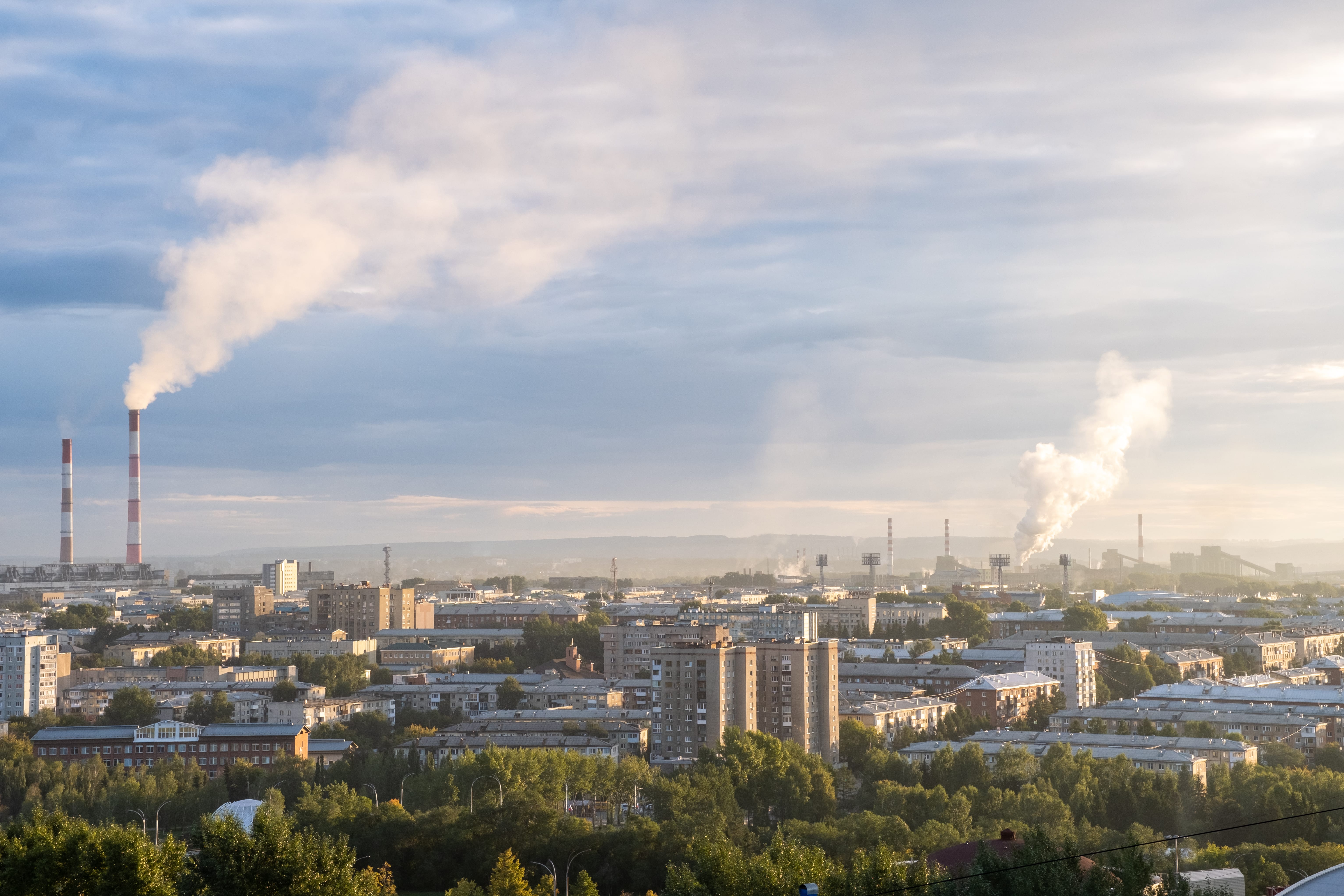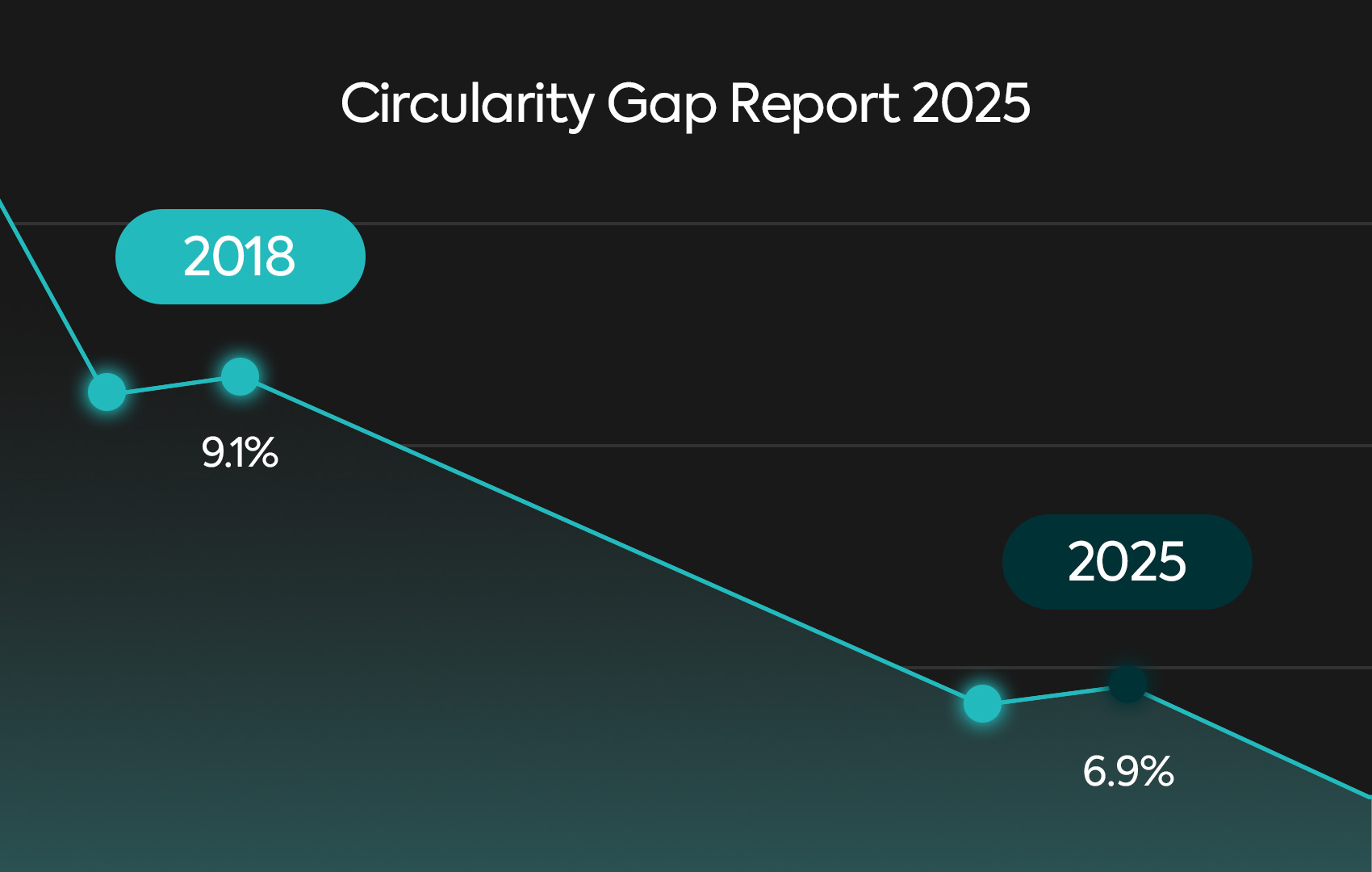The landscape of corporate sustainability has undergone a fundamental transformation. What began as voluntary sustainability initiatives has evolved into something far more significant: a new baseline for what it means to be a responsible business in the 21st century.
B Lab's latest environmental standards update isn't just another policy change, it's a watershed moment that signals the end of environmental stewardship as an optional add-on. For businesses seeking to lead in this new era, understanding and adapting to these changes isn't just about compliance; it's about survival and competitive advantage.
For years, environmental stewardship was often a voluntary, “nice-to-have” component of a company’s impact strategy. With these new standards, B Lab is making it clear: for companies seeking to be recognized as leaders in the B Corp community, assessing and acting on your environmental impact is no longer optional. It’s a core responsibility.
From Voluntary to Required: The New Reality for B Corp Certification
The most significant shift in B Lab's new standards is the move from a voluntary approach to a required one for companies seeking B Corp certification. Previously, companies could choose from a menu of options to demonstrate their environmental commitment within the B Corp assessment. Now, B Lab requires all companies seeking or maintaining B Corp certification to conduct a thorough assessment of their environmental impacts across their entire operations and supply chain.
This isn't just about ticking a box for certification. It's about a fundamental shift in what B Corp certification represents. Companies pursuing this certification are now expected to understand their environmental footprint, identify their biggest impacts, and take meaningful, measurable action to address them. This move reflects B Lab's commitment to raising the bar for what it means to be a certified B Corporation in an era of increasing environmental urgency.
Beyond Recycling: Embracing True Circularity
Another critical aspect of the updated B Corp standards is the emphasis on "true circularity." For too long, recycling has been used as a catch-all solution for sustainability, often leading to greenwashing and a false sense of progress. B Lab is now formally embedding a more holistic circular economy approach into its certification requirements.
The new B Corp standards push companies to move beyond recycling and embrace a more comprehensive circular economy framework. This means prioritizing the use of renewable, reused, and recycled materials, while actively working to eliminate single-use products and packaging. For B Corp candidates and certified companies, it's about rethinking how resources are used, designing out waste from the beginning, and creating closed-loop systems that are both sustainable and resilient.
What This Means for SMEs Pursuing B Corp Certification: A Challenge and an Opportunity
For small and medium-sized enterprises (SMEs) interested in B Corp certification, these new standards can seem daunting. Without the large sustainability teams and budgets of their corporate counterparts, the idea of conducting a full environmental impact assessment or redesigning a supply chain for circularity can feel overwhelming.
However, this is also where the greatest opportunity lies for SMEs pursuing B Corp status. Smaller companies are often more agile and innovative than larger corporations, and they are well-positioned to build circular business models from the ground up. The key is to have the right tools, guidance, and partners to navigate the B Corp certification process effectively.
This is where a company like The Surpluss comes in. As a B Corp-certified company with a core focus on circular economy and supply chain resilience, The Surpluss understands both the challenges and the opportunities that these new B Corp standards present. Their intelligent platform is designed specifically to help SMEs navigate the complexities of B Corp environmental requirements, turning what could be a certification hurdle into a source of competitive advantage.
By partnering with a B Corp that specializes in circular economy solutions, SMEs can not only meet the new B Lab certification standards but also build more resilient, profitable, and future-proof businesses. It's about turning a certification requirement into a catalyst for innovation and growth.
The Path Forward: From Compliance to Competitive Advantage
B Lab's new environmental standards represent more than just updated certification requirements, they're a preview of the business landscape of tomorrow. Companies that embrace these changes now will be the ones that thrive in a world where environmental performance is as important as financial performance.
For SMEs, the opportunity is particularly significant. While large corporations struggle to retrofit existing systems and processes, smaller companies can build sustainability into their foundation. They can create business models that are circular by design, supply chains that are transparent by default, and operations that are resilient by nature.
The key is having the right partners and tools. Working with a B Corp-certified company, one that specializes in circular economy solutions and understands the unique challenges facing SMEs can make the difference between seeing these standards as a burden or as a catalyst for growth.
The bar has been raised, but that's not a limitation it's an invitation. An invitation to build better businesses, create more value, and lead the transition to a more sustainable and resilient economy. The question isn't whether you can afford to meet these new standards. The question is whether you can afford not to.
.png)
The Global Context: B Corp Leading the Way
While these changes are specific to B Corp certification, they don't exist in a vacuum. Across the globe, regulatory frameworks are converging on a similar message: businesses must take responsibility for their environmental impact. The EU's Corporate Sustainability Reporting Directive, the Kunming-Montreal Global Biodiversity Framework, and emerging due diligence regulations are all pushing companies toward greater transparency and accountability.
What makes B Lab's approach particularly significant is that it's not waiting for regulation to catch up. By requiring environmental impact assessments and circular economy practices now for B Corp certification, B Lab is positioning certified B Corps as forward-looking companies that anticipate where the regulatory landscape is heading. Companies that embrace these B Corp standards today will be better prepared for the mandatory requirements that are inevitably coming to all businesses tomorrow.
The Circular Economy Evolution: From Concept to Business System
One of the most significant developments in recent years has been the evolution of circular economy thinking from an environmental concept to a proven business system. The new B Lab standards reflect this maturation, recognizing that circularity isn't just about being "green", it's about building resilient, profitable operations that can thrive in a resource-constrained world.
The standards push companies to think systemically about resource flows, waste streams, and supply chain dependencies. This isn't just about swapping out materials or adding recycling programs. It's about fundamentally rethinking how value is created, captured, and regenerated within business models.
For SMEs, this represents a unique opportunity. Unlike large corporations that must retrofit existing systems, smaller companies can build circular principles into their DNA from the start. They can design products for disassembly, create closed-loop supply chains, and develop business models that turn waste into revenue streams.
.png)
Making It Practical: A Roadmap for SMEs
The question isn't whether these changes are coming, they're already here. The question is how SMEs can adapt quickly and effectively. Here's what successful implementation looks like:
1. Start with Impact Assessment
The foundation of the new standards is understanding your environmental footprint. This means looking beyond your immediate operations to understand impacts across your entire value chain. For many SMEs, this can feel overwhelming, but it doesn't have to be. The key is to start with your most significant impacts and build from there.
2. Embrace Supply Chain Transparency
One of the most challenging aspects of the new standards is the requirement for supply chain traceability, particularly for high-risk raw materials. This is where technology becomes crucial. Intelligent platforms can help SMEs track materials, assess supplier sustainability, and identify risks before they become problems.
3. Design for Circularity
The most successful companies don't treat circularity as an add-on, they build it into their core business model. This means designing products for longevity, repairability, and eventual disassembly. It means creating partnerships with suppliers and customers that enable closed-loop material flows.
4. Measure and Improve
The new standards emphasize continuous improvement, not perfection. The goal is to establish baseline measurements, set targets, and demonstrate progress over time. This iterative approach makes the standards achievable for companies of all sizes.
.png)
The Technology Advantage: How Intelligent Platforms Change the Game
One of the biggest barriers to environmental compliance for SMEs has traditionally been the complexity and cost of measurement and reporting. This is where intelligent platforms like The Surpluss are transforming the landscape.
By automating data collection, providing real-time insights, and offering actionable recommendations, these platforms make it possible for SMEs to compete with larger companies that have dedicated sustainability teams. They turn complex environmental assessments into manageable workflows, and they provide the transparency and traceability that the new standards require.
More importantly, they help SMEs see environmental compliance not as a cost center, but as a source of competitive advantage. Companies that can demonstrate their environmental performance, optimize their resource use, and build resilient supply chains will be better positioned to win customers, attract investment, and weather future disruptions.
Ready to turn B Lab's new environmental standards into your competitive advantage? Discover how The Surpluss's intelligent platform can help your business not just meet these requirements, but exceed them. Because in tomorrow's economy, the companies that lead on sustainability will be the ones that lead, period.




